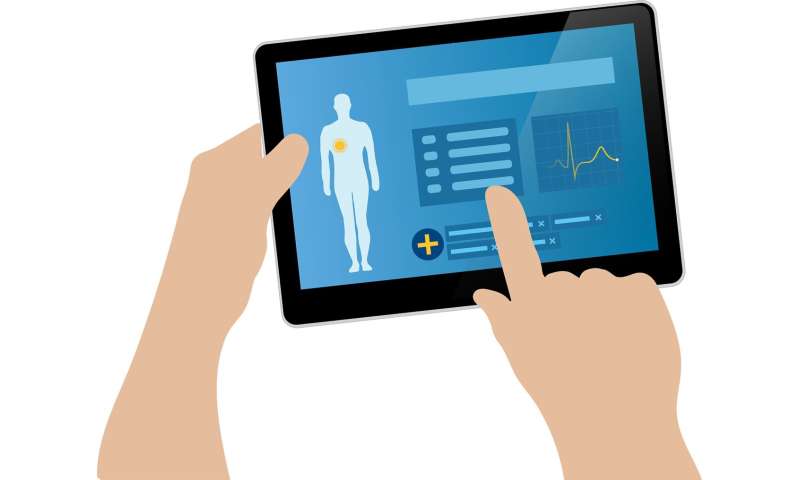
When Dr. Justin Persico first began experiencing COVID-19 symptoms, his mind immediately went to his patients. As a medical oncologist at Smilow Cancer Hospital Care Center at Trumbull, part of Yale Cancer Center, he was all too aware of the people he treats, who would be at greater risk for exposure to the virus.
“Your mind starts going in all different directions,” he said. “Of course I knew I needed to get tested, for what I do, and I deal with severely immunocompromised patients. One of the first thoughts is worrying about the patients I saw and could have exposed over the week or so before I developed symptoms.”
Persico was ultimately tested and diagnosed with COVID-19, and his wife fell ill as well. He calls his case mild, relative to more severe instances that require hospitalization for major respiratory issues, but still experienced “pretty significant” symptoms that put him out of commission for a few days. Despite his illness, he felt a duty to keep treating those relying on his care.
“As doctors … we worry about our patients,” he said. “I have patients who are relying on me to, in a way, keep them alive with these treatments, or to cure their cancer, their illness. … While I work with great partners, (I) still feel the responsibility to be there for them and take care of them.”
The answer was telemedicine. Although Persico wouldn’t be able to offer in-person care and treatment for the moment, he worked with his office to quickly set up virtual consultations, using HIPAA-compliant video conferencing and records he could electronically access from home.
On the third day of his illness, though he was isolated in his bedroom and fighting fatigue and coughing fits, he used an iPad and a computer to treat three patients. As he slowly recovered, he moved to his home office and worked up to consulting with about 10 patients a day.
For the most part, “the video has worked very well,” he said. A few older patients, unfamiliar with the technology, have had to have extra assistance setting it up, but the office staff and family members often help. It can also be difficult to show a CT scan clearly over a video feed. If a patient still needs an examination or in-person care, he has arranged appointments with one of his partners or his nurse practitioner.
Persico said there has actually been a small increase in cancer treatments, as nonemergency surgeries have been postponed or canceled to free up protective gear, space for ICU beds and other equipment. Patients are receiving more chemotherapy regimens to try to hold off surgery for another two or three months, he said.
Some patients have been nervous about visiting medical facilities during the pandemic, but he has stressed the importance of staying on schedule.
“Really, almost none of these patients can wait six, eight weeks or more for their treatment,” he said. “That’s the usual discussion as I try to explain to them that this is not going away next week, and this treatment is very important. We still need to get it scheduled, and we’re going to do our best to minimize the risk when they do come out for treatment.”
Persico’s symptoms have improved, though he calls the illness “lingering,” and he hopes to be cleared to return to work soon. He has been trying to educate friends and family about the seriousness of the situation.
Source: Read Full Article
